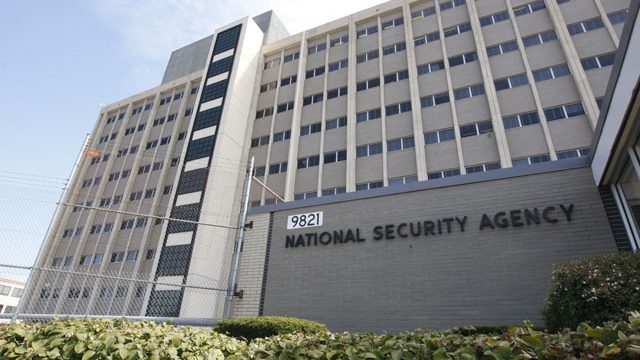"If everyone is supposedly under surveillance, then no one is"

Over the weekend Fox News commentator Brit Hume offered a unique defense of the NSA’s spying efforts, arguing that the mass collection of our private data really doesn’t violate our privacy because any one person’s information gets lost in the blizzard of data being collected.
“This program really threatens no one unless it’s abused,” Hume said, “and to date not a single victim has been identified, not a single abuse of the metadata has been identified that harmed anyone in any way. So that’s, I think, the real reason why Congress hasn’t done anything, is that the program has so far worked as intended, although it hasn’t done as much as they thought it might have could. But there’s no one harmed!”
This seems like a flimsy argument. How can we really say that the program hasn’t been abused when the existence of it came as a shock only after Edward Snowden blew his whistle on it? Apparently even President Obama (if you believe him) was in the dark about the scope of what the NSA was doing. What assurances, then, does the average citizen have that this program is operating under property restraints?
And that’s if we stipulate to the idea that scooping up and warehousing our private data wholesale is a “reasonable” search under constitutional doctrine, which it isn’t.
Plus, Hume’s argument for privacy in the aggregate doesn’t square with modern technology.
If Hume were talking about the Cold War era Soviet Police State, which was so absurdly expansive it’s hard to see how it was useful, he might have a point (though it’s a grim commentary that we would seek justification for modern domestic spying in Soviet policies). But it’s not 1960 any more. The databases the NSA populates with our private data are searchable. Once it’s decided to focus on any one US citizen, the NSA can pull all of that person’s data almost instantaneously.
Given the modern technology at the disposal of the government, they really can keep us all under surveillance. What’s scary is that there seems to be little political will for stopping it.




